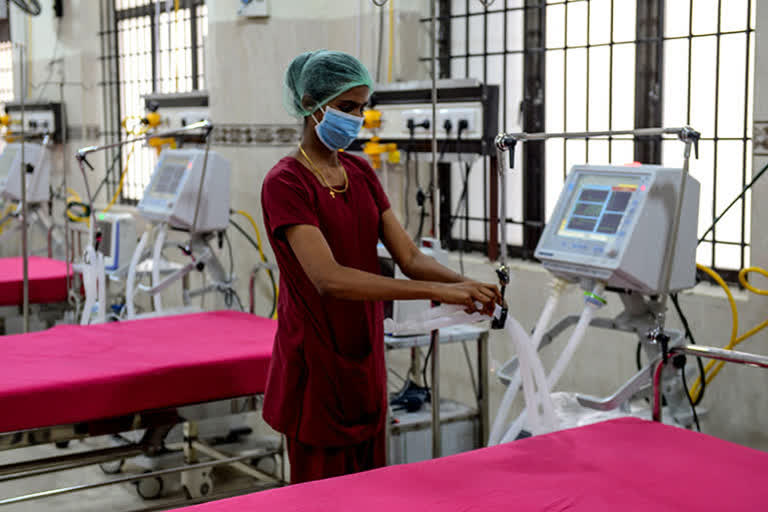Hyderabad: As soon as the Covid-19 pandemic tightened its grip on countries, governments started panicking as the shortage of necessary medical equipment and healthcare facilities was turning out to be the main challenge in battling the virus.
At times of such a crisis, auto companies across the world emerged as unexpected saviours as they pitched in to use their now-idle manufacturing facilities to produce ventilators – medical devices that offer gentle breathing assistance to a Covid-19 patient’s lungs.
The Indian government last week asked automobile manufacturers in the country to use their facilities to produce ventilators to boost India’s capacity of such machines in view of the rising Covid-19 cases. Anand Mahindra said his company Mahindra Group would begin work immediately to explore how its factories could make ventilators.
In the US, General Motors plans to begin producing 10,000 ventilators per month by mid-April, while Ford hopes to produce 50,000 of the devices in coming months.
But why are these auto companies at the frontline for taking up the responsibility of manufacturing these vital breathing-assistance devices?
Car manufacturers have hinted that certain parts used in manufacturing ventilators are the same as those used by the auto industry. Ford, which is working with healthcare firms GE Healthcare and 3M to design modified respirators and ventilators, had said the machines could be produced using fans, batteries and other parts that the auto company typically uses for its cars.
Read more:Coronavirus clips Indian aviation sector's wings
Also, medical experts believe that manufacturing ventilators mostly involves assembling smaller parts into larger units – a process which is very similar to assembling small electrical components for cars which are then shipped to the assembly plants to be installed in vehicles on large assembly lines.
Hence, auto companies can just retool their plants, give their workforce basic assembly training and develop a supply chain to manufacture ventilators successfully. Although, it needs to be remembered that regulatory approvals are a must for such equipment, but the US Food and Drug Administration (USFDA) has assured that it has implemented drastic regulatory changes to allow auto makers and other non-medical manufacturers to quickly take up such tasks.
Still, auto makers are making sure that all safety considerations are met – by forging alliances with existing ventilator manufacturers -- as any lapse can cause loss of human lives. Ventilators are complex machines that use sophisticated software and specialized parts, and alliance with healthcare firms would help these firms in maintaining quality and training personnel.
(ETV Bharat Report)



